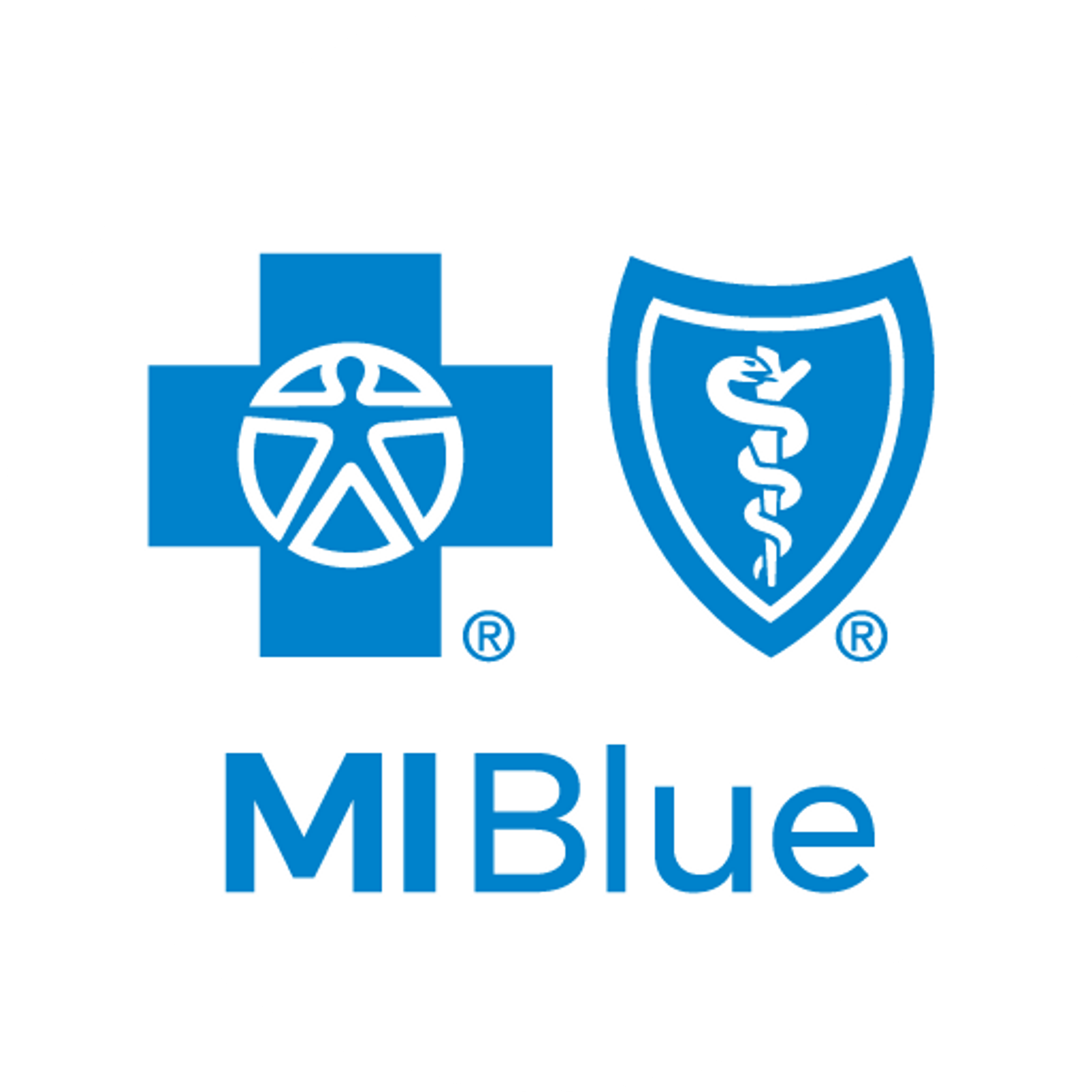What You Need to Know When Choosing a Medicare Plan

Blues Perspectives
| 4 min read

Each day, approximately 10,000 U.S. adults turn 65, which means they are eligible for health insurance coverage through the federally managed Medicare program. There are many Medicare coverage options individuals should understand before picking the right plan for them. Additionally, some individuals younger than 65 may be eligible for Medicare – including those with a long-term disability and individuals with end-stage renal disease or Lou Gehrig’s disease.
The Medicare Alphabet
There are two main distinctions between Medicare plans: Original Medicare and Medicare Advantage. Original Medicare plans are run by the federal government and Medicare Advantage plans are run by private health insurance companies that contract with the government. The four main types of Medicare coverage include:
- Part A (Original Medicare): These plans act as hospital insurance by covering hospital care, skilled nursing facility care, hospice and home health care.
- Part B (Original Medicare): These plans provide medical insurance by covering doctor visits, mental health care, outpatient surgery, lab tests and medical equipment like wheelchairs and walkers.
- Part C (Medicare Advantage): These plans cover everything that Part A and Part B plans cover, and many also include coverage for prescription drugs, dental and vision care.
- Part D (Prescription): These plans only cover prescription drugs and are used by individuals with Original Medicare plans. Many Medicare drug plans have a coverage gap, which means after an individual pays a certain amount, the plan stops covering the cost of prescriptions for the year until the individual reaches a set out-of-pocket amount.
Medicare supplement insurance plans are also available to bridge the gap between what Original Medicare plans cover, and the total cost of Medicare services.
How to Choose the Right Plan
Signing up for Medicare for the first time can be daunting. Individuals have a seven-month window surrounding their birthday to enroll. They should consider their initial health needs, understanding that options are available to adjust their plans each year going forward. It’s important to note that if an individual is interested in a Medicare Part C or D plan, they must first enroll in both Medicare Part A and B. In addition to taking the limitations of each type of Medicare plan into consideration, individuals may also want to consider the different payment arrangements built into Original Medicare plans versus Medicare Advantage plans:
- Coinsurance vs. copay: Original Medicare plans require individuals to pay 20% of the cost (also known as 20% coinsurance) for office visits and outpatient surgery. That’s different from Medicare Advantage plans, which typically use copays for such services – meaning fixed costs.
- Cost caps: Original Medicare plans have no cap on what individuals pay out-of-pocket for care and have a limit on the number of days plans will cover for stays in the hospital or a skilled nursing facility. Medicare Advantage plans have an out-of-pocket maximum each year, and plans cover 100% of the cost after individuals reach a certain dollar amount.
- Provider networks: Original Medicare plans allow individuals to visit any doctor or facility that accepts Medicare. However, Medicare Advantage plans have fixed networks of doctors and hospitals and may have restrictions around out-of-network care.
Those already enrolled in a Medicare plan can adjust their coverage each year during the annual election period that runs from Oct. 15 to Dec. 7. Individuals can switch plans during this time frame with coverage changes taking effect January 1 of the following year. An additional open enrollment period from Jan. 1 to March 31 allows beneficiaries to switch Medicare Advantage plans or disenroll from a Medicare Advantage plan and move to Original Medicare. To learn more about Medicare, visit Medicare.gov or call 1-800-MEDICARE (1-800-633-4227). Learn more about Blue Cross Blue Shield of Michigan Medicare Advantage plans here. By: Krischa Winright is an executive vice president at Senior Health Services, Emergent Holdings. Emergent Holdings is a separate entity contracted by Blue Cross Blue Shield of Michigan to perform administrative services for Blue Cross’ Medicare Advantage program. More from MIBluesPerspectives.com:
- A Guide to Choosing Your First Health Care Plan
- Adulting 101: Figuring Out Health Insurance
- What to Know About Changes to Michigan’s Car Insurance Law
Photo credit: gilaxia





